
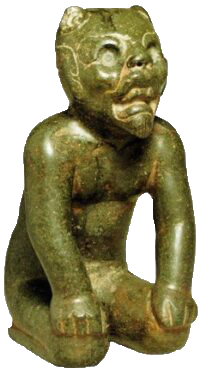
Thoughts on nahuales and mezcal
from Ansley Coale
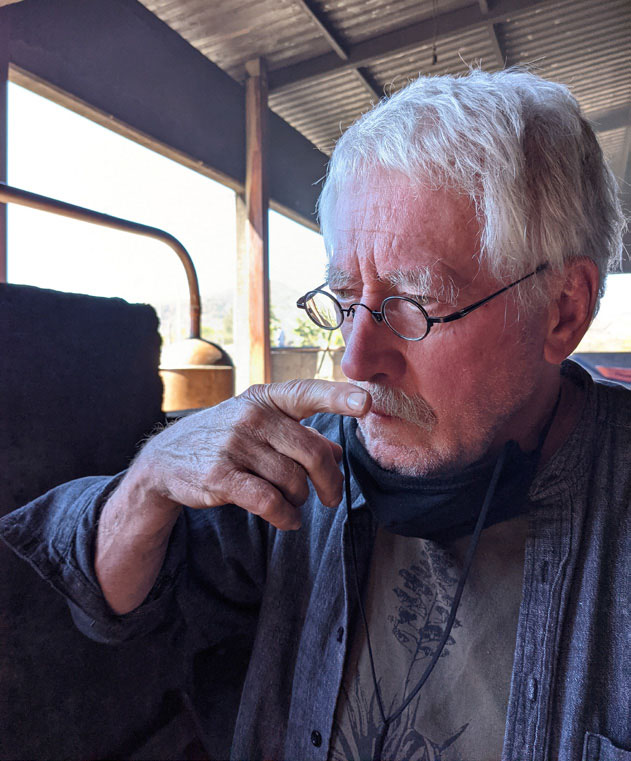
A nahual, a human who can turn himself into his/her tonal, his/her spirit animal. Human and tonal are in truth the same being, simply in different forms. When cave paintigs show men with antlers: they are exactly that, men with antlers, another part of the unitary whole of being.
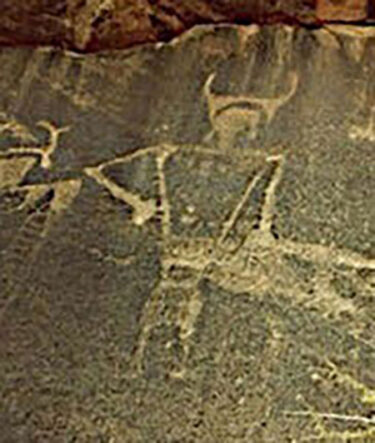
Price Canyon, Utah
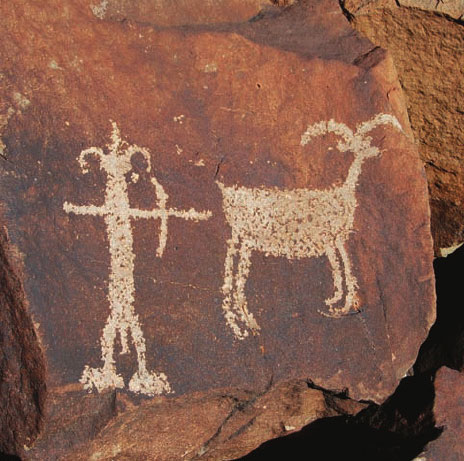
Coso Range, CA ,
Why did early humans sacrifice to animals before they went out to hunt them? Why did they bury their victims’ bones ceremoniously? Because they undeerstood that all beings are part of a single entity, life, the totality of living creatures. By killing an animal you are removing a part of the whole of which you are also part. Before you killed it, both of you had been alive. The animal you were eating had been just like you; a part of the finite totality of living creatures. You had taken from that animal its living existence, and early man was deeply aware of the prcarious nature of his own existence, the existence you share with all other living creatures. So fluid are the boundaries that some humans can move between forms. A nahual.
This way of being in the world has disappeared in modern Western society. You can get a valuable glimpse of what has been lost by imagining yourself as a dog, or a cat, or even better a coyote the next time you walk down a crowded street. If you know your animal counterpart, walk like you are that animal. Be it, then see how you feel. The world you experience is altered, immediately. Are you more alert? More aware of what’s around you? Are you experiencing what you’re doing instead of doing it automatically while your Mind is carrying out an endless sequence of thoughts that have nothing to do with your moment-to-moment activity? Yes. Is it a richer experience? Yes.
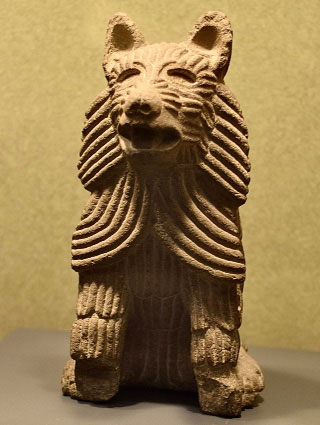
coyote god Huehuecoyotl,
Museo de Templo Mayor
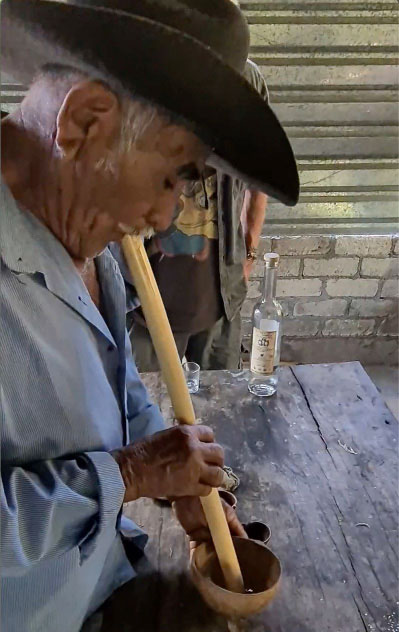
Angel cruz calvo testing for percent alcohol
Now, mezcal. The aesthetic intention of distillation (for example, celebrating a marriage) cannot be separated from mezcal as a product for consumption. Culture determines the former, and treating the mezcal solely as a product for consumption does not explain its special qualities, which are embodied in it by the intentions of its distiller, who is with it encapsulating aesthetic aspects of his culture.
When we evaluate a mezcal in the same way we evaluate say Jack Daniels, the judgment has no depth: it ignores cultural aspects because it applies contemporary (mostly empty) western cultural values, now based largely on pseudo-scientific assumptions of how society works and on shallow materialistic self-absorption (see any Corona beer advertisement: no reference whatsoever to how the beer is made or who made it or what it’s made from or how it tastes – change the bottles and it’s a Coca-Cola ad).

Corona brewery, Jalisco
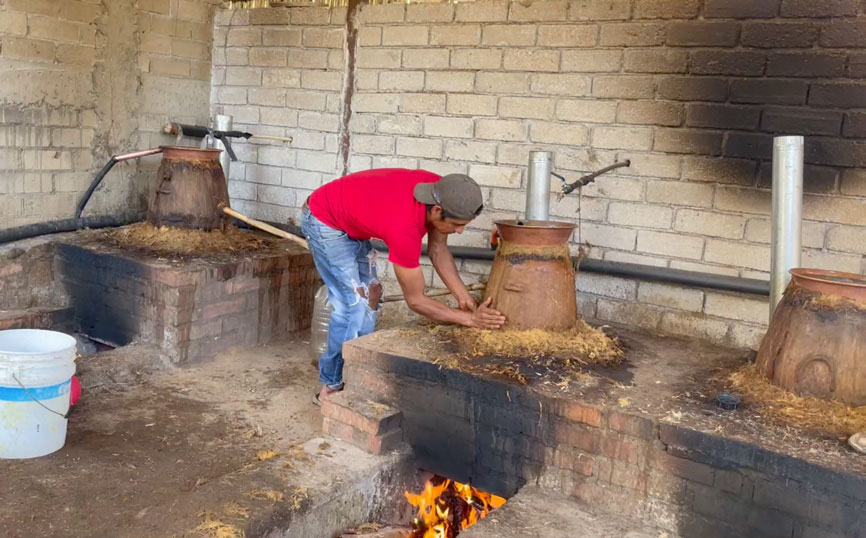
Heladio Lopez sealing a still
The reason mezcal speaks deeply is because some part within us (thought is not required) recognizes the power of its cultural context, conveyed through the medium of the distilled spirit. That cultural context is a rich accretion that took millenia to manifest. That’s why we respond to photographs that show mezcal being created by human beings working with intensity, without trappings, more directly engaged (hand eye nose tongue) than almost all of us who are not great chefs. or who do not till the soil by hand, have any experience of.
Mezcal is the embodiment of a long cumulative tradition of imparted methods and craft learning. The distiller’s every act derives from generations of experimentation and selection. The product of this, namely small-batch artisanal mezcal, has a set of characteristics far more complex than the functional meaning of “something distilled from an agave”. If we pay attention, we are aware of the distiller’s sensibility. The technical aspects of the process and its meaning to the culture have passed through the individual’s skill and personal understanding, which results in a unique creation.
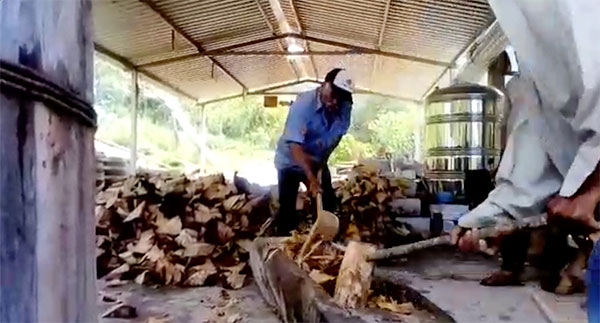
Angel Calvo Cruz, 85 using a mazo
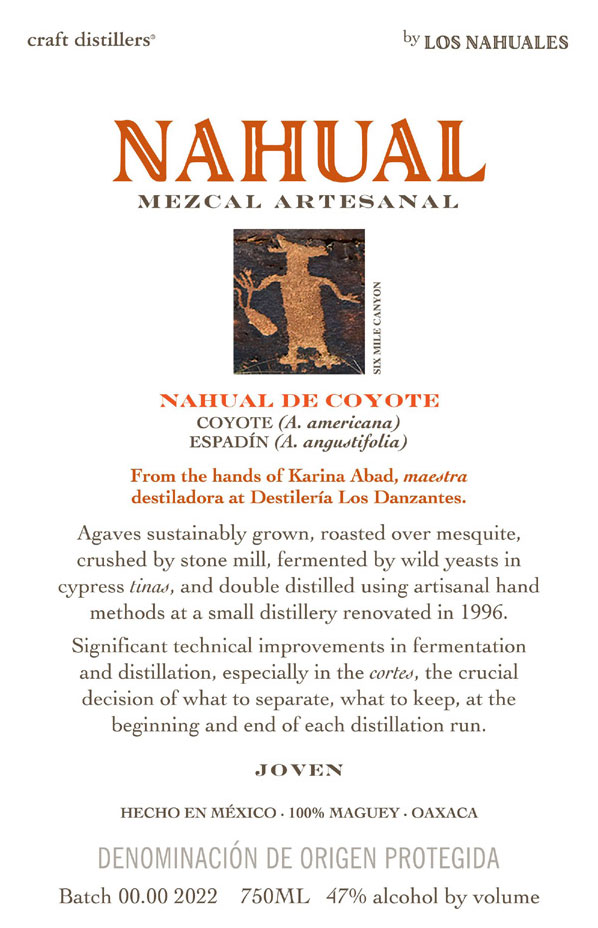
The brand name Los Nahuales is appropriate. It references a deeper part of us, the part that operates not with our Mind but with the core of our being, the way animals do. We have lost something important, and artisanal mezcal calls it back.

